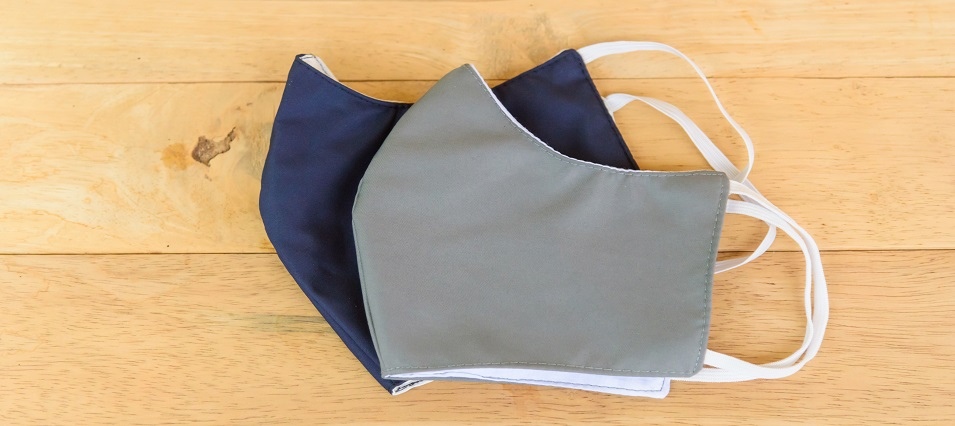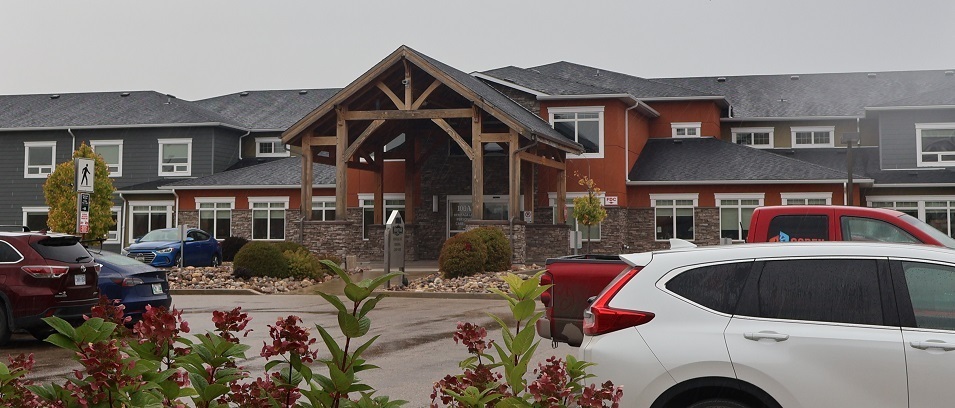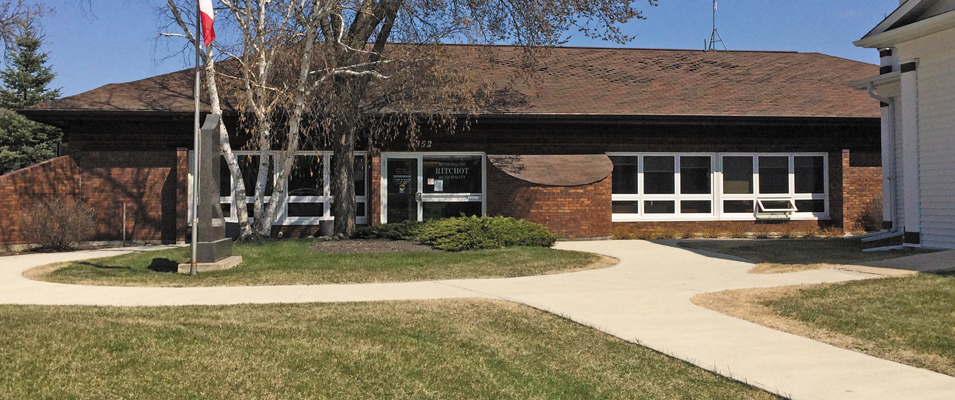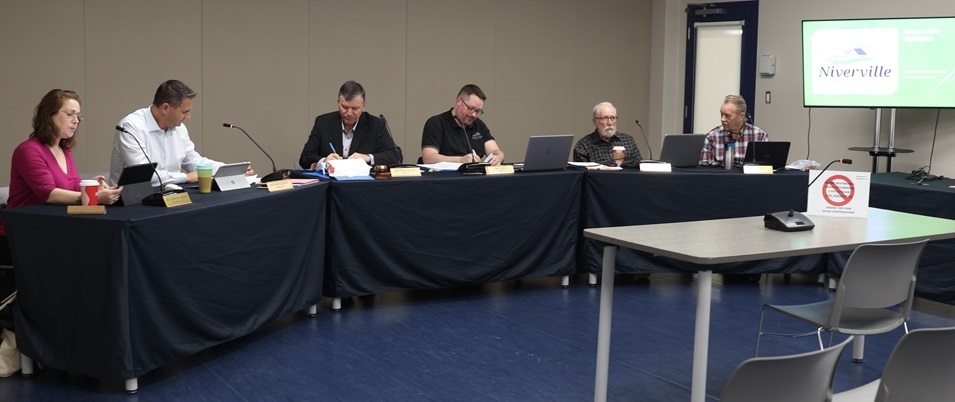
Wearing masks to control the spread of COVID-19 has been hotly debated in Manitoba this summer, and the debate only seems to get more intense as time goes on. Whether it’s seen as an urgent need to protect ourselves and others, a simple personal preference, or an outright assault on our freedoms, our opinions on this issue are creating a lot of tension.
For some people, mask-wearing has become among the most hot-button issues to arise in our lifetimes.
Regardless of where you fall when it comes to this question, friends, family members, and perfect strangers are feeling united, divided, or outright militant about it.
So how are we doing out there?
Public Health Recommendations
On April 18, The Citizen reported that masks were being recommended by health authorities the world over. At that time, the World Health Organization (WHO) said that if you’re healthy, you only need to wear a mask if you’re taking care of a person with COVID-19.
“Masks are effective only when used in combination with frequent hand-cleaning with alcohol-based hand rub or soap and water,” the WHO reported.1
On April 3, the Centers for Disease Control and Prevention (CDC) recommended that people should wear nonsurgical cloth face coverings when going out in public during the COVID-19 pandemic.
The Canadian government also recommends mask-wearing, saying, “When worn properly, a person wearing a non-medical mask or face covering can reduce the spread of his or her own infectious respiratory droplets.”2
Currently, the CDC recommends all people over the age of two should wear a mask in public settings, especially when social distancing measures are difficult to maintain: “While masks are strongly encouraged to reduce the spread of COVID-19, CDC recognizes there are specific instances when wearing a mask may not be feasible. In these instances, adaptations and alternatives should be considered whenever possible…”3
Additionally, the WHO says, “In areas where COVID-19 is widespread and physical distancing of at least one metre cannot be achieved, medical masks should be worn by people who are aged 60 years or over and those who have underlying health conditions.”4
They also suggest that fabric masks be worn by people who have no COVID-19 symptoms and yet are in close contact with others or visiting crowded places, including office buildings and grocery stores. Ultimately, the WHO advises people to follow their local health authorities.5
Our local health authorities are the national and provincial health officials we read about most days in the news—and both Canada’s and Manitoba’s health recommendations closely follow those of the CDC and WHO.
In Manitoba, mask-wearing is not yet mandatory, but with the rise of COVID-19 cases in our province in late summer, Manitoba’s chief public health officer, Dr. Brent Roussin, has hinted that they may become a mandated public health effort soon.6
Manitoba’s school reopening plans are still in flux, but mask-wearing is already strongly recommended. Those recommendations may be strengthened further once the first day of classes gets closer.
But schools aren’t the only public places facing mask anxiety. Many businesses across Manitoba already require masks to be worn in order for people to enter their establishments.
Local Businesses on Mask-Wearing
In Niverville and Ritchot, mask-wearing may become more commonplace as the rate of infection climbs. However, in a holistic sense, local businesses in our area aren’t yet creating or implementing policies that require staff or customers to wear masks.
Throughout the area, most people seen in local businesses are not wearing masks, including places where six feet of social distancing space is either somewhat difficult to achieve or virtually impossible.
When asked, many businesses refused to comment on their specific mask-wearing policies, saying that the issue is too personal and inflammatory for them to take an official position.
Most businesses said they would require mask-wearing by staff and customers if it was mandated from the provincial health authorities. But even on the promise of anonymity, businesses we contacted were too reluctant to provide comment for publication.
One business did speak to The Citizen, however.
Rose Friesen, co-owner of Country Snacks in Niverville, says they don’t yet have an official mask policy for staff or customers either. But she adds that their staff has access to masks if they want to wear one. The business has also installed a plexiglass shield to protect customers and staff as they interact at the checkout. They’ve also implemented an augmented sanitization strategy to keep the store and bistro clean.
“We do see a fair amount of customers with masks coming in, and we welcome people however they want to come in,” says Friesen. “We train our staff, we sanitize all the time, and, to be safe and efficient, we have logs about our cleaning. I think the changes from COVID-19, the cleaning, and being careful, that’s going to continue for a long time.”
Friesen also commented on the overall atmosphere in our community when it comes to wearing masks.
“We don’t need to create a debate about it,” says Friesen. “There’s a lot of different personalities out there and everyone is coping with this differently. You can’t come down on anyone who is strongly for it and strongly against it. Overall, we do not need to come down on one another for it.”
Mask-Wearing in Rural Manitoba
Specific to our situation in the rural southeast, many people wonder why we should wear masks when our case numbers are relatively low and our small towns are less densely populated. We’re geographically spread out. Many other people are experiencing anxiety and ask themselves if businesses or schools should require mask-wearing.
To provide more insight into this issue, The Citizen reached out to a local expert who’s very well-acquainted with our specific corner of the world.
Dr. Alistair Brown, professor of Advanced Issues in Environment and Human Health at the University of Manitoba, has specialized knowledge in epidemiology, which is the study of the distribution, patterns, and determinants of health and disease conditions in human populations. Dr. Brown is from Winnipeg and his wife Kendra (née Friesen), who also has a university-level biochemistry education, grew up in Niverville. They still have family in the Niverville area.
The number of COVID-19 cases in Manitoba is currently on the rise, most notably in areas outside of Winnipeg.
Dr. Brown has some thoughts on why this is likely happening.
“Since our active case load dropped to 1 near the end of July, the vast majority of cases have arisen in places outside of Winnipeg,” says Dr. Brown. “I believe [there are] two main reasons: travel and a false sense of security. Smaller communities have a very distinct advantage and disadvantage during COVID. If well-regulated, numerous small communities have had basically zero cases… If a community is unfortunate, such as a [Hutterite] colony, where there is still a great deal of travel to surrounding communities, it only takes one person to start a disease cluster, and eventually an outbreak.”
Recent cases in Steinbach have seen workers from major retail outlets or restaurants test positive for COVID-19. While those cases were determined to be travel-related, Dr. Brown describes the common reaction we all experience now when we hear such announcements.
“Your eyes widen and you quickly check your bank history to see if you were there, because these workers are not being mandated to wear masks,” says Dr. Brown. “From transmitting to others, to touching all of the products, to talking with other customers—to not wear a mask in a densely attended business is ludicrous… The most problematic aspect of COVID, besides perhaps not having any symptoms at all, is the long period of time you can be reproducing and shedding virus to others and not even know it. Then you get COVID, and your heart drops into your stomach thinking about all the people you care about, and how you potentially exposed them, especially at larger summer gatherings! This is the beauty of masks.”
His wife Kendra, reflecting on friends and family in the rural southeast, points out that it’s easy for people in small communities to assume they’ve living in a veritable bubble, removed from the rest of the world.
The feeling of knowing everyone, widely regarded as a perk of small-town living, may actually contribute to people’s hesitancy in trying to decide whether to wear a mask. Kendra agrees that it initially felt silly to go into a local grocery store and be one of the only people wearing a mask.
“But I eventually decided that if I want everyone else to also wear a mask, then it has to start with someone,” she says. “And if enough people do it, hopefully it will become the norm.”
Kendra says she now wears a mask to be courteous and to help do her part.
“Even though I may feel reasonably confident that I haven’t been exposed to the virus, there is never a guarantee,” she adds. “I would feel absolutely horrible if I didn’t wear a mask and ended up exposing people who now need to quarantine, miss work or school, possibly be hospitalized, or die, and all the stress and anxiety that goes along with it. I also wear a mask to provide a bit of protection for myself. While masks are primarily meant to prevent infected people from spreading the virus, studies have shown that it can benefit the person wearing the mask as well, by decreasing the viral load the mask-wearer is exposed to, and therefore the severity of the illness.”

















